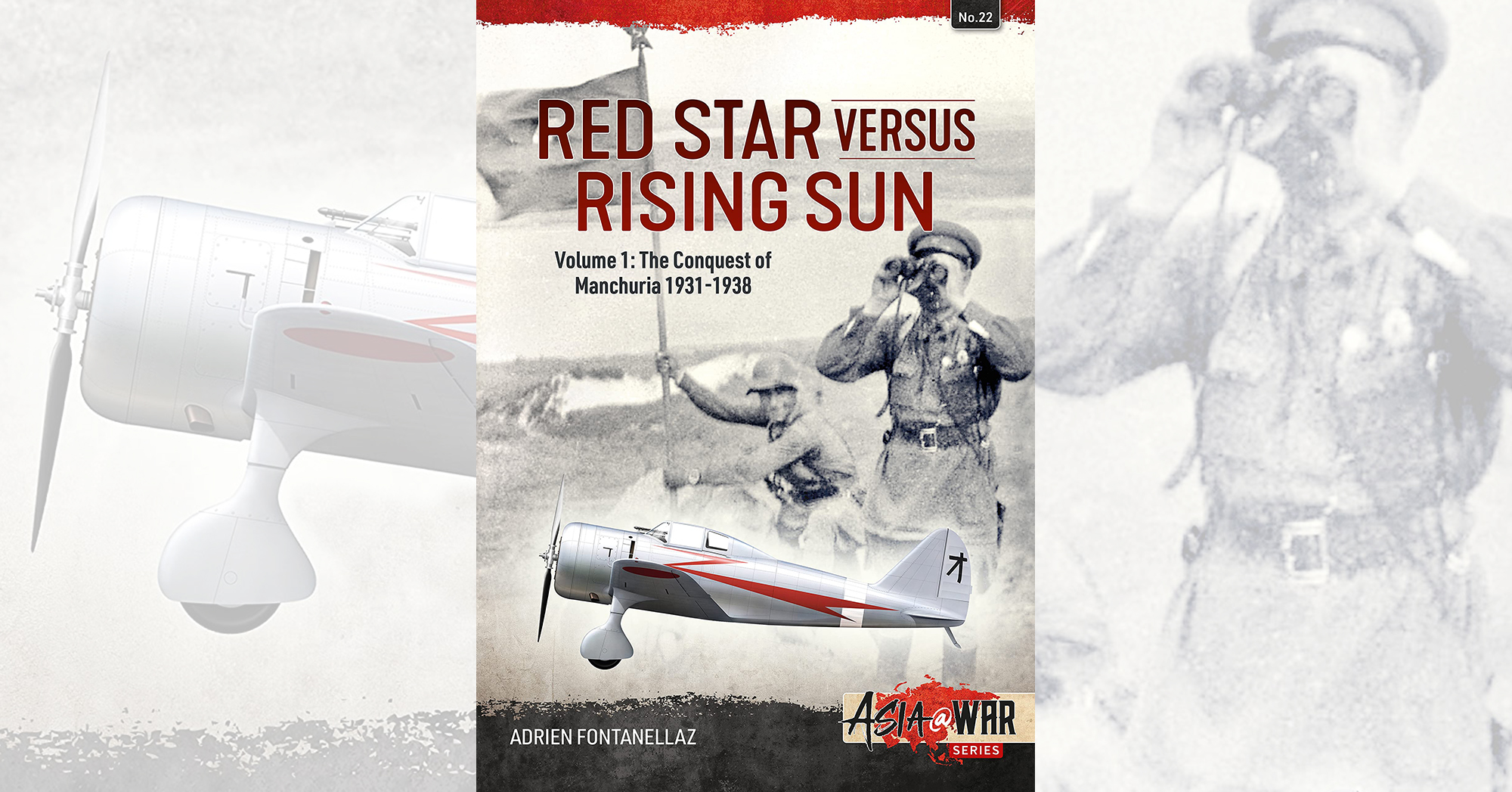Red Star Versus Rising Sun, Vol. 1: The Conquest of Manchuria, 1931–1938, by Adrien Fontanellaz, Helion & Co., Warwick, U.K., 2021, $29.95
World War II officially began when Germany invaded Poland on Sept. 1, 1939. Many historians, however, point to Japan’s 1931 invasion of Manchuria as the true beginning of that conflict. Like the fall of a set of dominos, they note, that act of aggression triggered a series of events leading the worldwide cataclysm. Yet neither was the invasion of Manchuria an isolated incident. In Red Star Versus Rising Sun author Adrien Fontanellaz places that incursion in the context of a protracted intermittent conflict between Japan, Russia and, eventually, the Soviet Union over the economic and political control of northeast Asia.
After some 200 years of isolation, the opening of Japan in the mid–19th century triggered rapid modernization of the nation and its military. By the last decade of the century it aimed to exert its imperial influence over China and northeast Asia. Those ambitions butted up against the simultaneous expansion of the Russian empire across Siberia to the Pacific Ocean.
As China fell under the influence of numerous foreign powers, and its central government increasingly degenerated into chaos, Russia and Japan sought to exploit the situation to extend their influence over the Korean Peninsula and Manchuria. The former was important to Japan, as it represented a jumping-off point on the Asian mainland for a possible invasion of China, while the latter was vital to both empires as a source of natural resources for modern industry. Thus conflict between the expansionist empires was inevitable—and it didn’t cease after Russia’s humiliating defeat by the Japanese in 1905, or after the 1917–23 Russian Revolution.
In this first volume of a series Fontanellaz describes the origins and history of the rivalry between Russia and Japan, which had far-reaching repercussions. It is a fascinating account of an aspect of 20th century history rarely covered in the West.
—Robert Guttman
This post contains affiliate links. If you buy something through our site, we might earn a commission.





